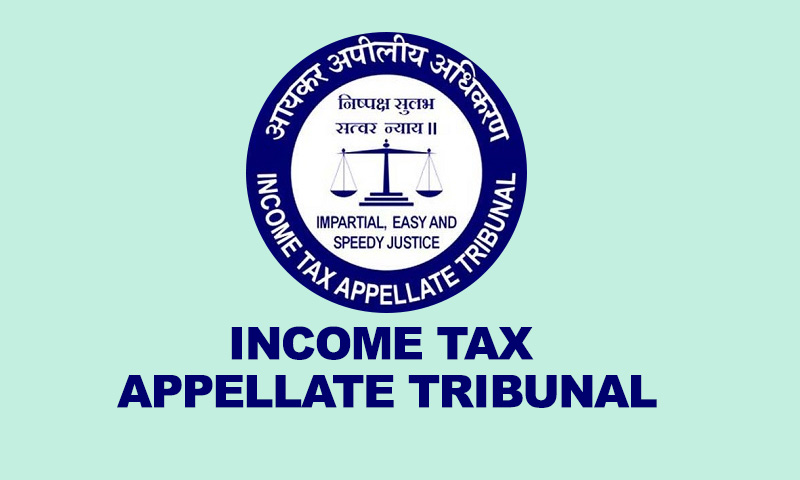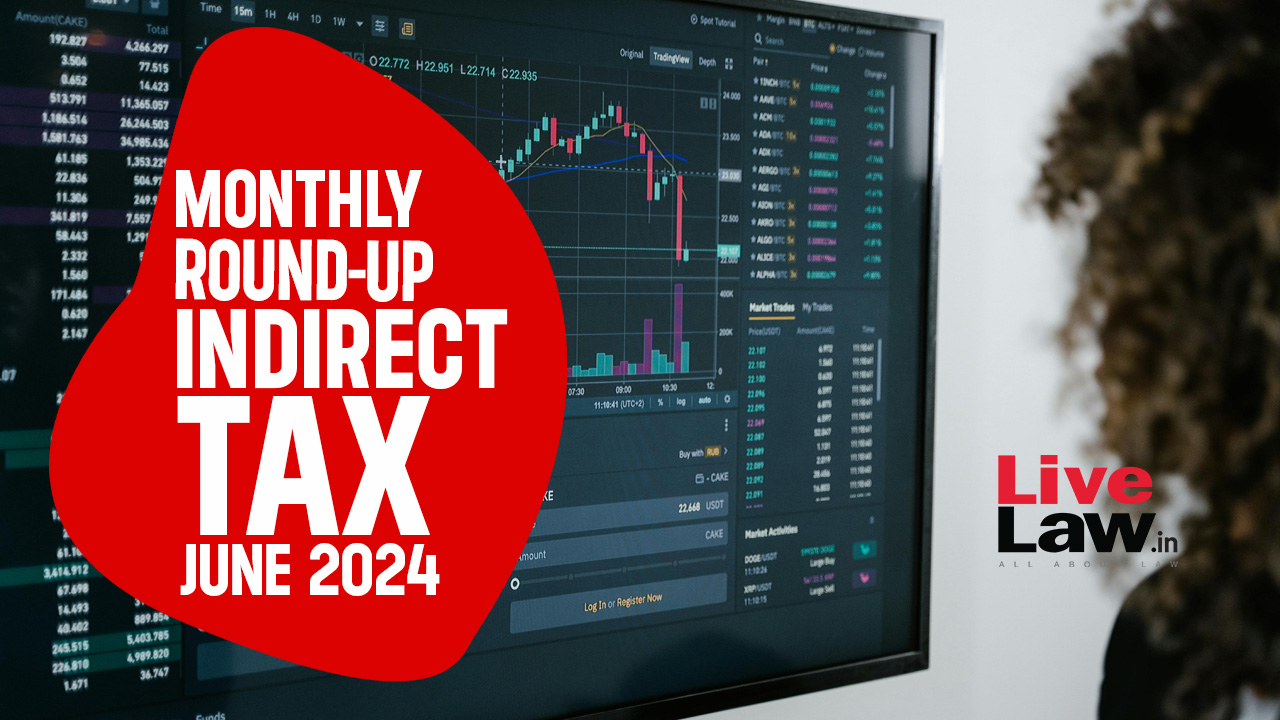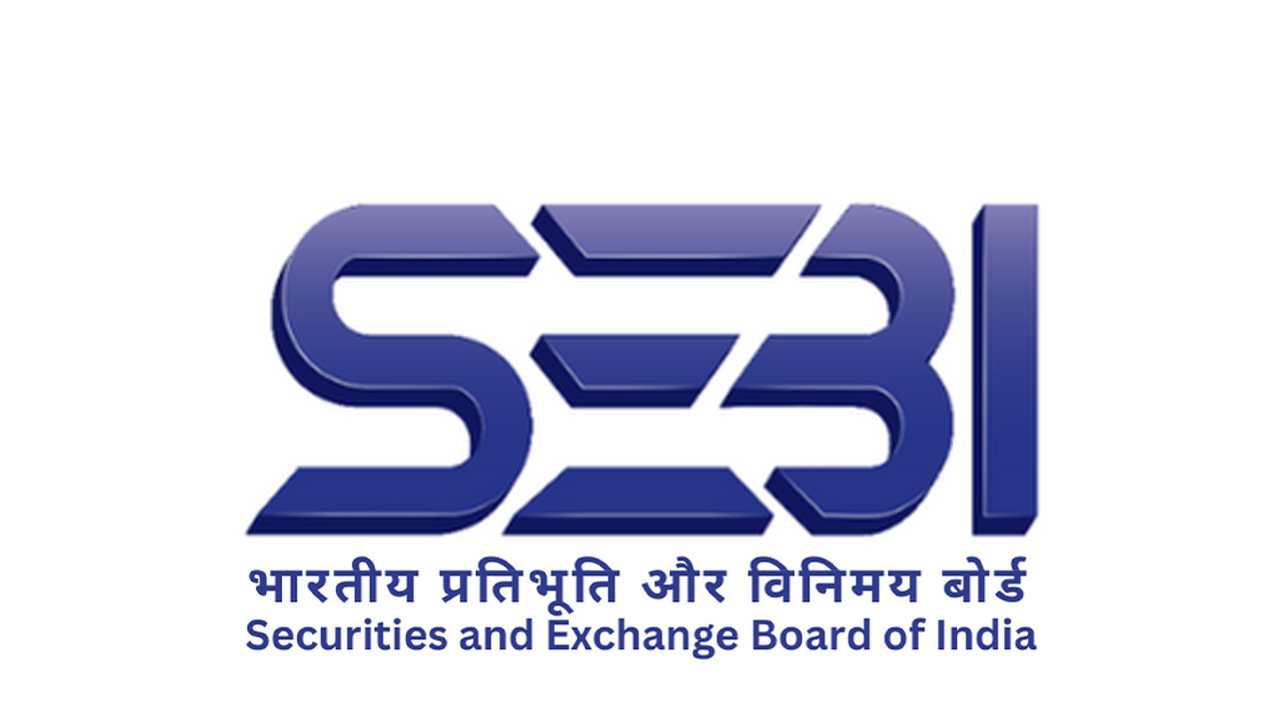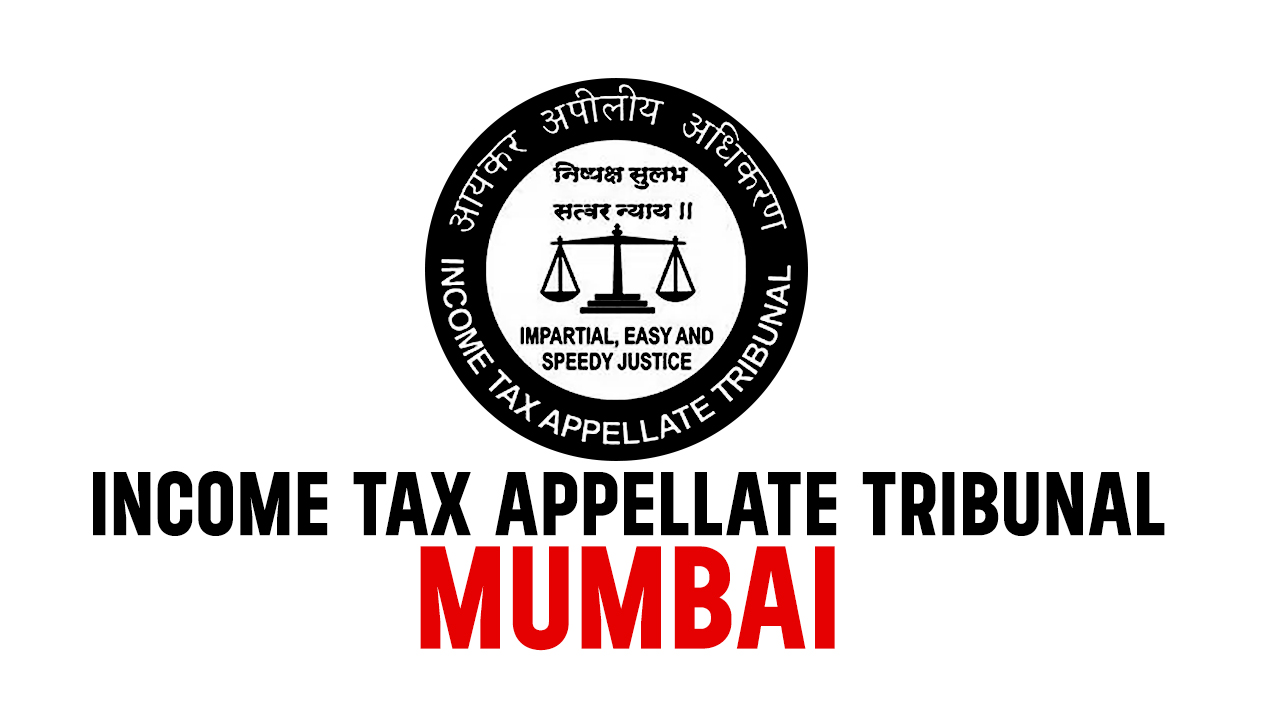
Valuation Of Companies: A legal Analysis
Live LawThe issue or transfer of equity shares or other securities invariably involves the valuation of the underlying company. c. transferred by a person resident outside India to a person resident in India shall not exceed: the price worked out in accordance with the relevant Securities and Exchange Board of India guidelines in case of a listed Indian company; a) the price at which a preferential allotment of shares can be made under the Securities and Exchange Board of India Guidelines, as applicable, in case of a listed Indian company or in case of a company going through a delisting process as per the Securities and Exchange Board of India Regulations, 2009 : Provided that the price is determined for such duration as specified in the Securities and Exchange Board of India Guidelines, preceding the relevant date, which shall be the date of purchase or sale of shares; b) the valuation of equity instruments done as per any internationally accepted pricing methodology for valuation on an arm's length basis duly certified by a Chartered Accountant or a Merchant Banker registered with the Securities and Exchange Board of India or a practising cost accountant, in case of an unlisted Indian company. In case of listed securities: if the securities are received by way of a transaction carried out through any recognized stock exchange, the fair market value of such securities shall be the transaction value as recorded in such stock exchange; if the securities are received by way of a transaction carried out other than through any recognized stock exchange, the fair market value of such shares and securities shall be, the lowest price of such shares and securities quoted on any recognized stock exchange on the valuation date, and the lowest price of such shares and securities on any recognized stock exchange on a date immediately preceding the valuation date when such shares and securities were traded on such stock exchange, in cases where on the valuation date there is no trading in such shares and securities on any recognized stock exchange; In case of unlisted equity shares In case of unlisted equity shares, the fair market shall be determined in the following manner under clause or clause, at the option of the assessee, namely:- a) the fair market value of unquoted equity shares = x / where, A = book value of the assets in the balance-sheet as reduced by any amount of tax paid as deduction or collection at source or as advance tax payment as reduced by the amount of tax claimed as refund under the Income-tax Act and any amount shown in the balance-sheet as asset including the unamortised amount of deferred expenditure which does not represent the value of any asset; L = book value of liabilities shown in the balance-sheet, but not including the following amounts, namely:- the paid-up capital in respect of equity shares; the amount set apart for payment of dividends on preference shares and equity shares where such dividends have not been declared before the date of transfer at a general body meeting of the company; reserves and surplus, by whatever name called, even if the resulting figure is negative, other than those set apart towards depreciation; any amount representing provision for taxation, other than amount of tax paid as deduction or collection at source or as advance tax payment as reduced by the amount of tax claimed as refund as refund under the Income-tax Act, to the extent of the excess over the tax payable with reference to the book profits in accordance with the law applicable thereto; any amount representing provisions made for meeting liabilities, other than ascertained liabilities; any amount representing contingent liabilities other than arrears of dividends payable in respect of cumulative preference shares; PE = total amount of paid-up equity share capital as shown in the balance-sheet; PV = the paid-up value of such equity shares; or the fair market value of the unquoted equity shares determined by a merchant banker as per the Discounted Free Cash Flow method. The CIT found that though the Assessment Officer called for the details of buyback of shares and Cognizant India furnished necessary information along with valuation report obtained from the independent valuer, the Assessment Officer has not analyzed the DCF method followed by Cognizant India and its cash flows to determine correct fair market value of the shares. The ITAT also held that the observation of CIT that relevance of valuation report of chartered accountant comes into play only when assessee chooses Explanation to determine fair market value of shares, but not when assessee has resorted to Explanation to section 56 of the IT Act, was contrary to law and absurd, because when share price is determined in accordance with explanation, fair market value of share should be substantiated to the satisfaction of Assessing Officer and such satisfaction may be by way of valuation report or asset value of the company.
Discover Related


![IBC Weekly Round-Up [9th December To 15th December 2024]](https://www.livelaw.in/h-upload/2024/08/01/552807-weekly-digest-of-ibc-cases.jpg)
![IBC Weekly Round Up [2nd December To 8th December, 2024]](https://www.livelaw.in/h-upload/2024/08/01/552807-weekly-digest-of-ibc-cases.jpg)




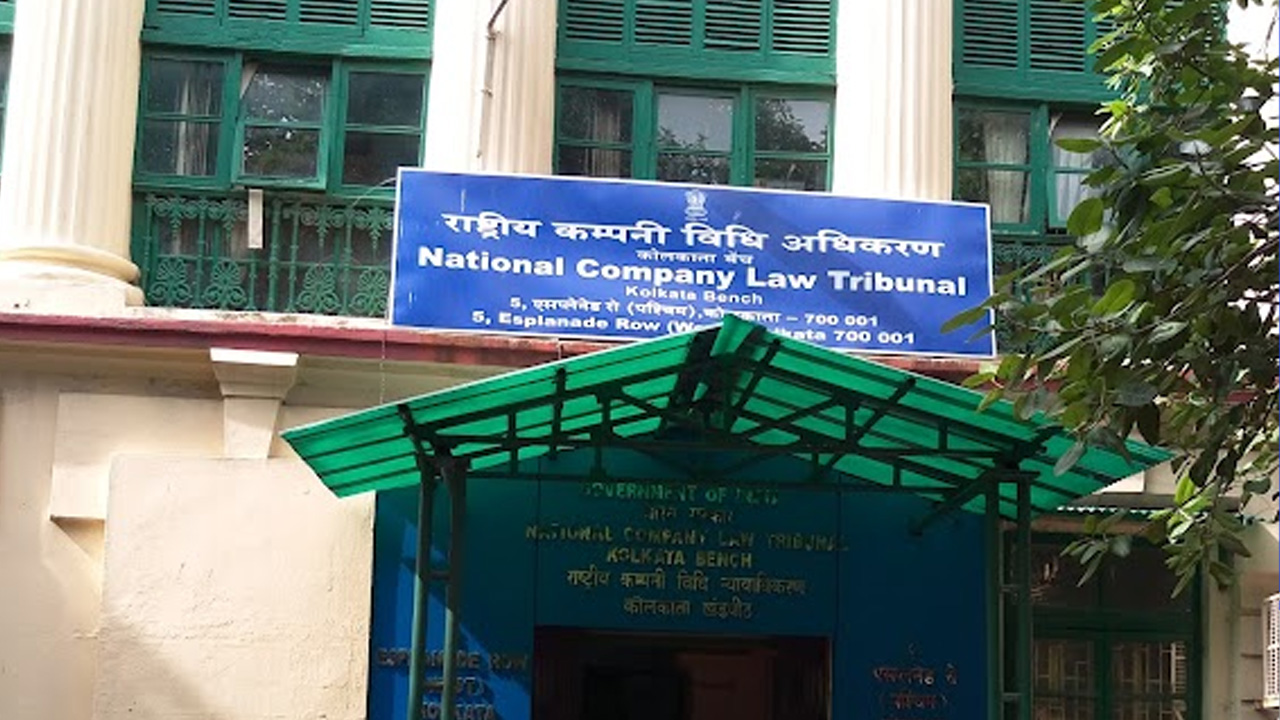







![Call For Papers: MNLU Mumbai's Journal On Corporate Laws & Commercial Regulations [Submit By 31st December]](https://www.livelaw.in/h-upload/images/nlu-mumbai.jpg)







